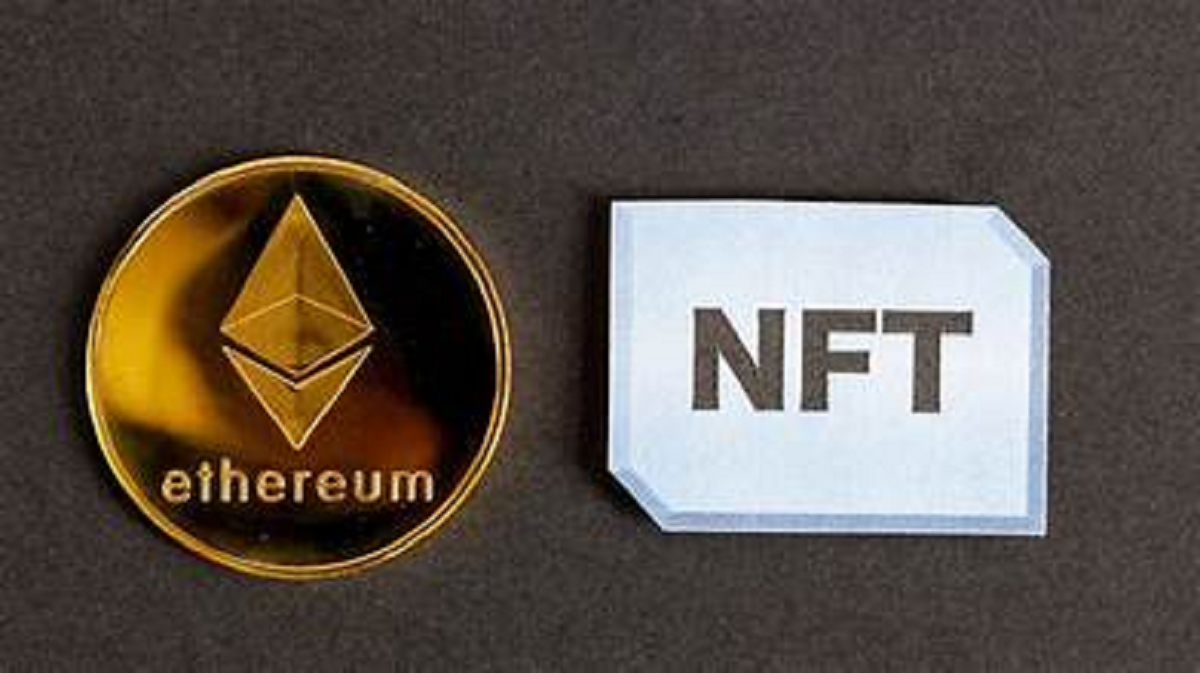What are NFTs?
NFTs, or Non-Fungible Tokens, have been making waves in the digital world recently. But what exactly are they? In simple terms, NFTs are unique digital assets that can be bought, sold, and owned, just like physical items. Unlike cryptocurrencies such as Bitcoin or Ethereum, which are fungible and can be exchanged on a like-for-like basis, NFTs are one-of-a-kind and cannot be replaced.
Understanding the concept of fungibility
To truly grasp the significance of NFTs, it’s important to understand the concept of fungibility. Fungibility refers to the interchangeability of goods or assets. For example, a dollar bill is fungible because it can be exchanged for another dollar bill without any difference in value. On the other hand, a piece of artwork or a rare collectible is non-fungible because it has unique qualities that make it different from any other item.

How NFTs are different from cryptocurrencies
While NFTs and cryptocurrencies both operate on blockchain technology, they serve different purposes. Cryptocurrencies are designed to be used as a medium of exchange or store of value, whereas NFTs represent ownership of a specific asset. Each NFT has a unique identifier that distinguishes it from all other tokens, making it a valuable digital collectible.
The rise of NFTs in the art world
One of the most significant areas where NFTs have gained traction is the art world. Traditional artworks have always been physical objects that can be bought and sold, but NFTs have introduced a new way to own and trade digital art. Artists can now tokenize their creations as NFTs, allowing them to retain ownership and earn royalties every time their work is sold. This has opened up a whole new avenue for artists to monetize their digital creations and reach a global audience.
Exploring the various use cases of NFTs
While art is a popular use case for NFTs, their potential reaches far beyond that. NFTs can be used to tokenize real estate, music, virtual land, virtual goods in video games, and even personal identity. The ability to prove ownership and track the history of a digital asset has immense value in various industries. For example, NFTs can revolutionize the ticketing industry by eliminating counterfeit tickets and ensuring secure transactions.
Challenges and criticisms surrounding NFTs
Despite their growing popularity, NFTs are not without their challenges and criticisms. One of the main concerns is the environmental impact of blockchain technology, which powers NFTs. The energy consumption required for blockchain transactions is substantial, leading to concerns about carbon footprints. Additionally, there have been instances of copyright infringement and scam artists taking advantage of the hype surrounding NFTs. It is crucial for both creators and buyers to exercise caution and conduct thorough research before engaging in NFT transactions.
How to get started with NFTs
If you’re interested in exploring the world of NFTs, getting started is easier than you might think. The first step is to set up a digital wallet that supports NFTs. There are several options available, such as MetaMask or Trust Wallet, which allow you to store and manage your digital assets securely. Once you have a wallet, you can start browsing NFT marketplaces to discover and purchase unique digital collectibles.
Popular NFT marketplaces
There are numerous NFT marketplaces where you can buy and sell NFTs. Some of the most popular ones include OpenSea, Rarible, SuperRare, and NBA Top Shot. Each marketplace has its own unique features and focuses on different types of digital assets. It’s important to do your research and choose a marketplace that aligns with your interests and goals.
NFTs in the gaming industry
The gaming industry has embraced NFTs as a way to enhance the gaming experience and empower players. NFTs can represent in-game items, characters, or even virtual land that players can buy, sell, and trade. This opens up a whole new world of possibilities for gamers, allowing them to truly own their virtual assets and monetize their skills. NFTs have the potential to revolutionize the gaming industry and create new opportunities for both players and developers.

The future of NFTs
As NFTs continue to gain popularity and evolve, their future looks promising. With advancements in blockchain technology, we can expect to see more efficient and eco-friendly solutions that address the environmental concerns associated with NFTs. Additionally, as more industries realize the potential of NFTs, we can anticipate new and innovative use cases emerging. The possibilities are endless, and the future of NFTs is full of exciting opportunities.


